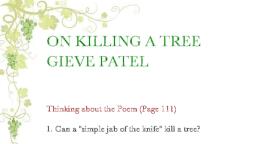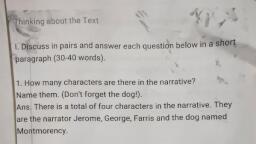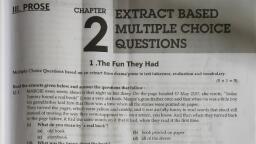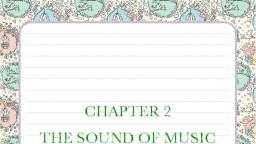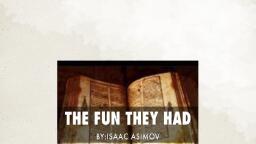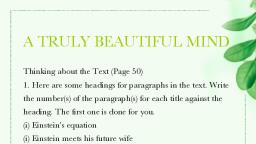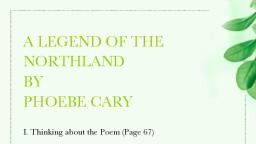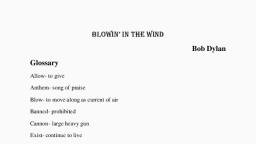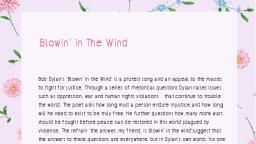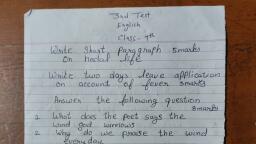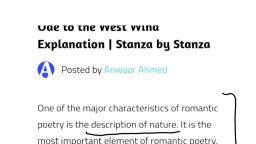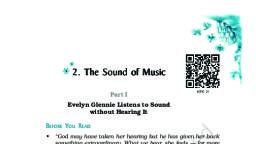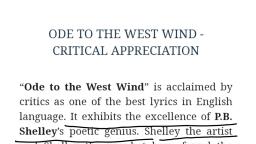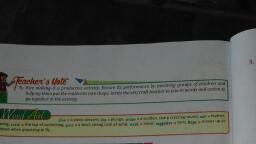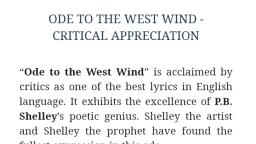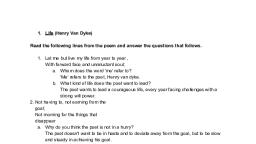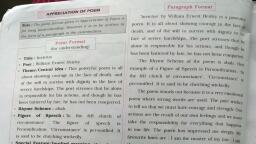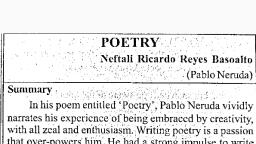Page 1 :
Thinking about the Poem:, , 1. What are the things the wind does in the first, stanza?, , Answer:, , In the first stanza, when the wind blows violently, it, , destroys everything. It breaks the shutters of the, windows, scatters the papers, throws down the, book from the shelf, tears the pages of the books, , and brings showers of rain., , 2. Have you seen anybody winnow grain at home, or, , in, , paddy field?, , What is the word in your, , language for winnowing? What do people use for, , winnowing? (Give the words in your language, if, you know them.), , Answer, HOMEWORK
Page 2 :
3. What does the poet say the wind god winnows, , Answer, The 'wind God winnows' means that just like how, the winnower separates the grains of wheat from, , the chaff, similarly, nature shifts the weak things or, people from the strong ones and destroys them., The poet says that the wind God winnows the, , weak crumbling houses, doors, rafters, wood,, bodies, Iives and hearts and then crushes them all., , 3. What should we do to make friends with the, wind?, , Answer:, , To make friends with the wind we need to build, strong homes with firm doors. And above all, we, must make ourselves physically and mentally, , strong to face the violent wind. Only then, instead, of harming, it will help us as a friend to grow and, , flourish.
Page 3 :
4., , What do the last four lines of the, poem mean, , to, , you?, , Answer, In the last four, us to, , lines of the, poem, the, , face the wind, , symbolises the, face in, can, , poet inspires, , courageously. The wind here, hardships and challenges that we, , lives. The poet tells, us that the wind, extinguish the weak fires, but it, , our, , only, , the stronger ones., , intensifies, , Similarly, adversities, , deter the, , weak-hearted but make stronger those who have, , strong will and, , determination. And these strong, , people emerge stronger and victorious, of, , in the face, , adversities. So, by befriending the wind, , hardships, , of, , life,, , it will make it easier, for, , them and also, prosper in, , our, , life., , or, , us, , the, , to, , face
Page 4 :
6. How does, or, , with, , the poet speak to, the, , wind-- in anger, , humour? You must also have, seen, , not the wind, , or, , 'crumbling lives'. What is your, , response to this?, , Is it like the, , poet's?, , Answer:, , The poet, He, , speaks to the wind, , in, , anger., , highlights the destructive nature of the, , wind. The, , strong winds are known to cause plenty, of damage and destruction to, both life and, property., , Yet, I do, , not, , agree with the poet that the wind, only 'crumbles lives'., The wind is also, , responsible for different good, causes. It is responsible for, bringing rain. It cools, the land and makes the climate, pleasant. Again,, today wind energy is harnessed for several useful, , purposes including turning windmills, wind, turbines and generating electricity., , d


